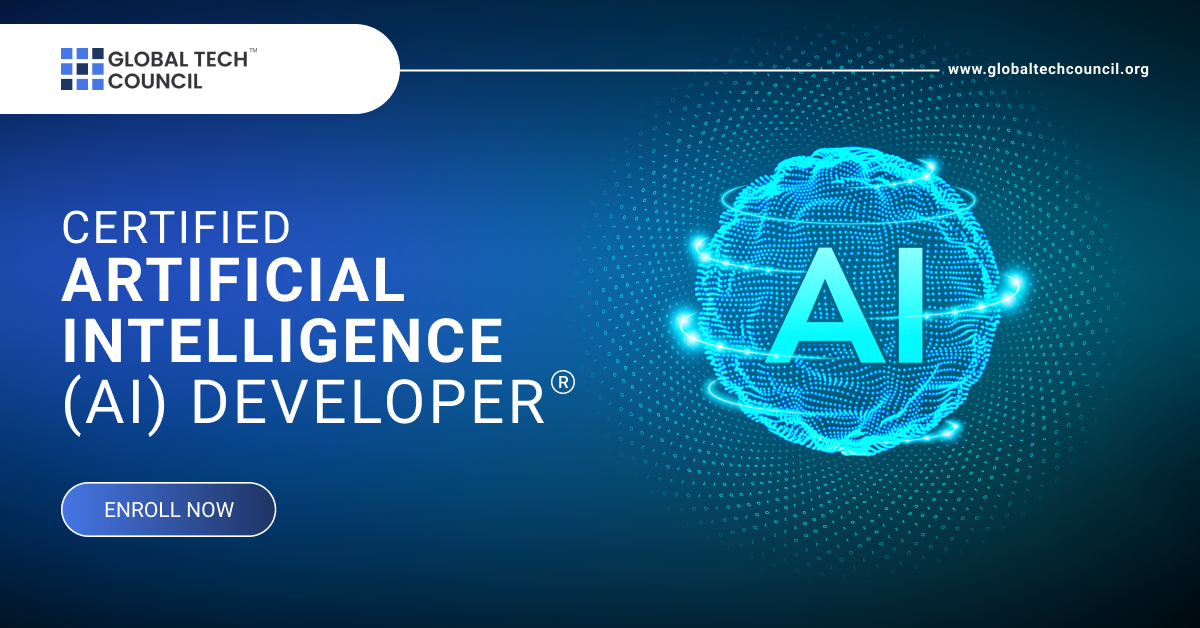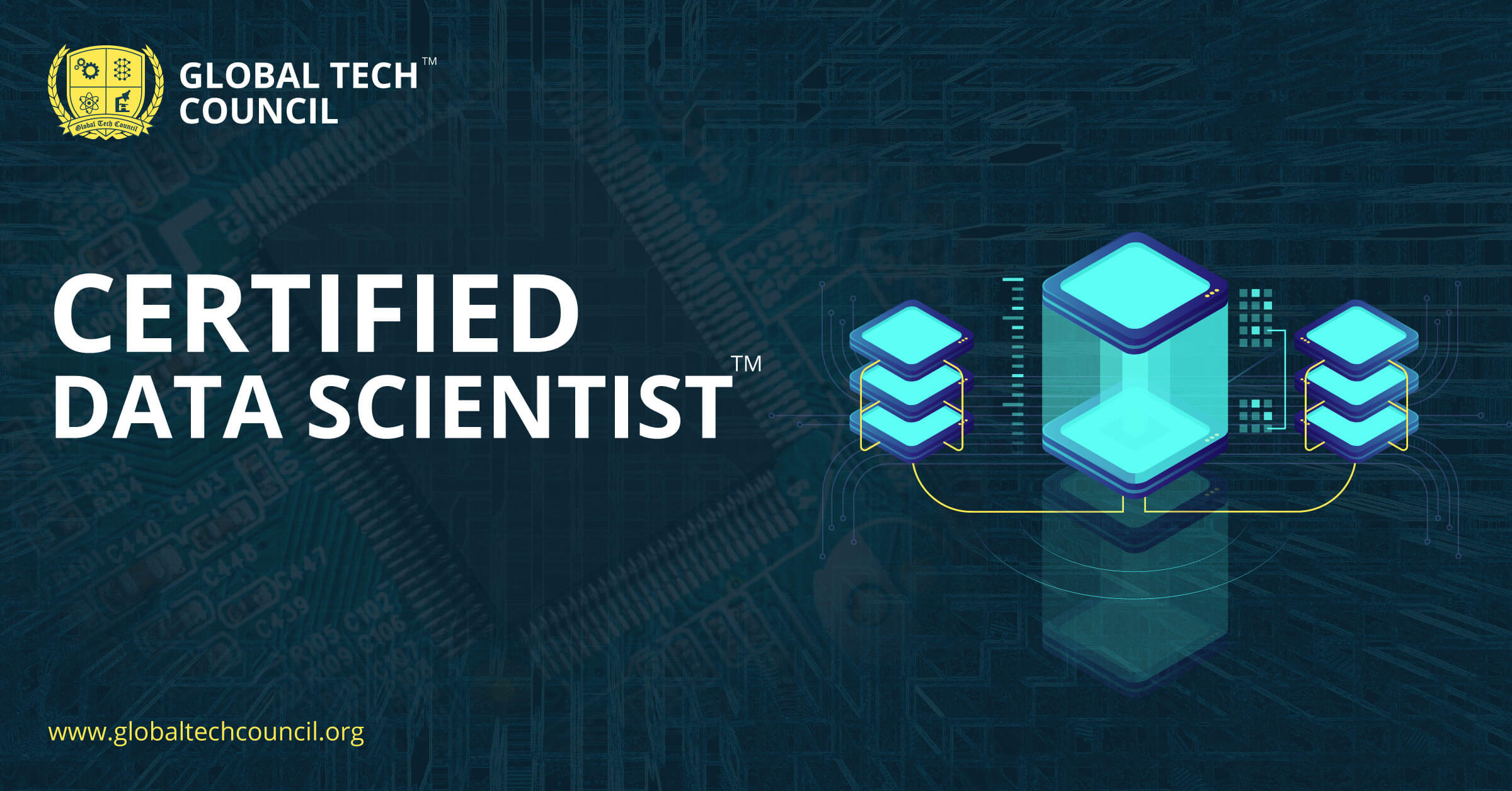The keyword of the century is perhaps Data, essentially data being the new oil. And in all honesty, mining data is a science. Wikipedia defines Data science as a multi-disciplinary field that uses scientific methods, processes, algorithms, and systems to extract knowledge and insights from structured and unstructured data. Now we know why data is the new oil since it gives us valuable insights from raw data which when analyzed can help to streamline and improve lacunae in almost everything.
The analytics market is abuzz where professionals from various disciplines and background are leveraging data in their daily activities to get maximum insights and help a business to grow. Data Science is not just one subject but a whole gamut of technologies and skills in the field of machine learning, Artificial Intelligence, Deep learning, etc. At present, the role of a data scientist is one of the most lucrative options for people. Having said that, making a transition to Data science or making a fresh start in this domain is not an easy task. One must have a passion, zeal to play with data and numbers. There is a vast pool of skills one needs to master to be called a Full Stack Data Scientist. The entire aim is to become the trusted resource about a certain topic.
Let us now focus on some areas of expertise in data science which are a key part of any project.
1. Data Engineering and Data Warehousing
Any work pertaining to a data science project involves data. One must be in a position and mindset to understand which data is useful, how to organize it, sort it and so on. This work is done by a data engineer which is a subset of Data warehousing, generally used in the context of big data. Building a data set and maintaining the ‘warehouse’ of data is a key skill set a data engineer must have. These professionals sort the structured and unstructured data which will be used by the analytics team for model building purposes.
2. Data Mining
Data Mining is a process through which insights are extracted leveraging data using certain processes and methods. With data mining, one can convert data into meaningful structures as per the goals of a business. Application of data mining is industry specific. For instance, in the manufacturing industry, it can be done to analyze quality issues, product safety. In finance, it can be used for risk or fraud prevention. There are many parameters in data mining that has to be mastered such as Path analysis, Forecasting and the likes. Some jobs related to this space are statistician, Business Analyst, etc.
3. Business Intelligence
Business Intelligence is one such area which is all about deciphering patterns from the past pool of data of a business. Such analysts find trends and patterns for data scientists and they, in turn, build predictive models. The ‘what’ of business is answered by business intelligence through the building of dashboards and drawing insights from the data. One should have sound knowledge in tools like SQL, Tableau, etc.
4. Cloud Computing
There’s been a trend in companies and organizations to shift their infrastructure from local to the cloud because of the easy availability of resources and huge computational power- which is often not available in a system. Cloud Computing is all about implementing platforms for distributed computing. System requirements are to be analyzed to ensure seamless and smooth integration with all the applications. One can gain expertise in being a Cloud Architect, Platform Engineer, etc.
5. Machine Learning
Machine learning techniques are deployed to make a prediction from the data and help businesses to make better-informed decisions. After a particular set of data is curated by a data engineer and then analyzed by a business analyst, the machine learning engineer then uses it to build predictive models on the use case. The accuracy of the model entirely depends on the metric and KPIs used by businesses beforehand.
6. Database Management
In a dynamic environment, data keeps changing rapidly and companies need to ensure tracking it all on a regular basis. Such updates on a real-time basis empower business to take strategic decisions which are growth and profit driven. The Database Management System (DBMS) maintains a link with data and allows for new updates. Database Administrator, Data Specialists are some job roles here.
7. Natural Language Processing (NLP)
NLP is a special branch of data science which deals with raw text and helps to uncover hidden insights. In recent times, Natural Language Processing is gaining momentum with the rise in the amount of unstructured raw texts generated from a vast range of sources and information that these natural data carries. Companies are also using NLP or resume parsing, sentiment analysis, etc. Some applications of NLP are Alexa, Siri, and Cortana, etc.
8. Deep Learning
Deep learning is that part of machine learning which uses neural network for making predictions. In comparison to machine learning, Deep learning differs in a way where no manual feature selection in a required but a large chunk of data and massive computational power is a must to run the framework.
9. Data Visualization
Being able to present the data in a visually appealing context is an everyday part of a business analyst or for a data scientist. Lot of Data science work can be solved with accurate data visualizations in the form of charts and graphs. A person needs to understand which chart or graph is to be used for a particular piece of information which will help in drawing the right conclusion.
10. Domain Expertise- Sector Specific
Professionals from the various background are using data in their businesses hence, its wide range of applications makes it very important for people to understand their domain while using their data science skills. Domain knowledge can be sector specific like Finance, Healthcare, etc. or can be operations related where such tools are used to improve business operation, logistics, etc. The technical expertise of all these roles will depend on the company’s expectations.



Leave a Reply